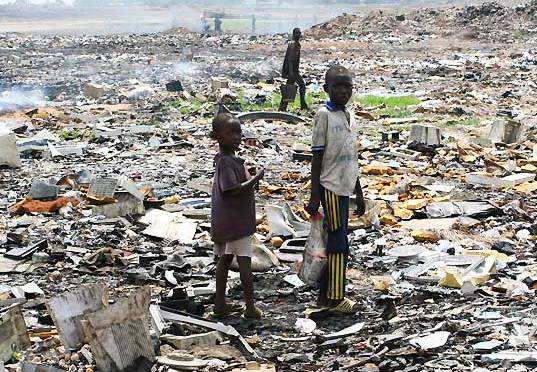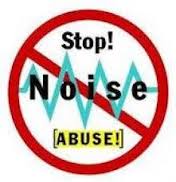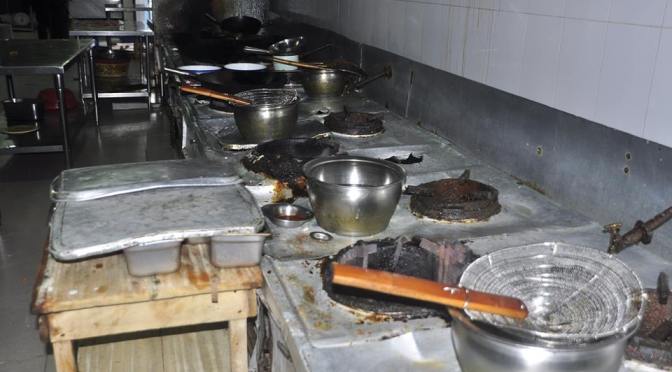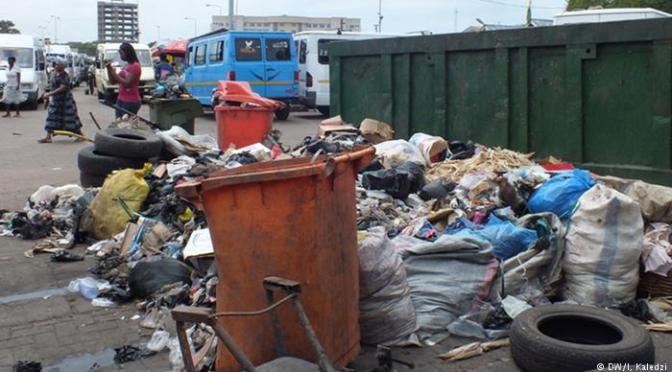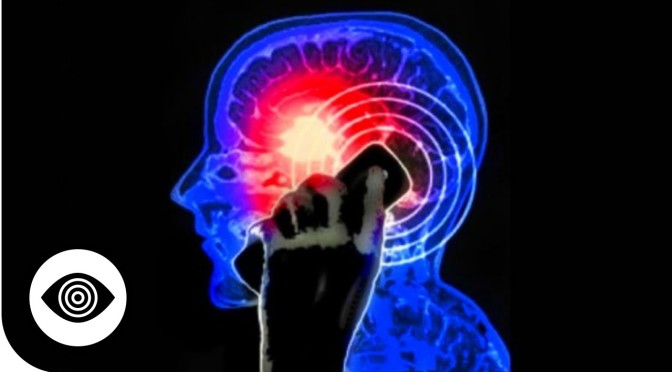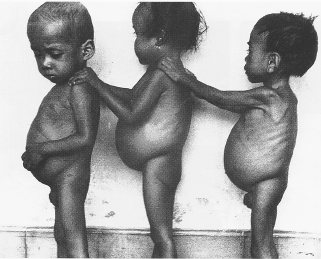Global warming occurs when carbon dioxide and other air pollutants and greenhouse gasses collect in the atmosphere and absorb sunlight and solar radiation that have bounced off the earth’s surface. Normally, this radiation would escape into space but these pollutants, which can last for years to centuries in the atmosphere, trap the heat and cause the planet to get hotter.
This is known as the greenhouse effect. It is extremely likely that human influence has been the dominant cause of the observed warming since the mid-20th century. The largest human influence has been emission of greenhouse gases such as carbon dioxide, methane and nitrous oxide.
Some effects of Global warming to the environment includes global rising in sea level that increases the rate of flood. Also Forests, farms, will be attacked by troublesome new pests, heat waves, heavy downpours, and increased flooding. Hence, destroy agriculture and fisheries.
Allergies, asthma, and infectious disease outbreaks will become more common due to increased growth of higher levels of air pollution, and the spread of conditions favorable to pathogens and mosquitoes. Other likely changes include more frequent extreme weather events including heat waves, droughts, heavy rainfall with floods and heavy snowfall, ocean acidification, and species extinctions due to shifting temperatures.
BY: RAPHAEL DELALI MENSAH


